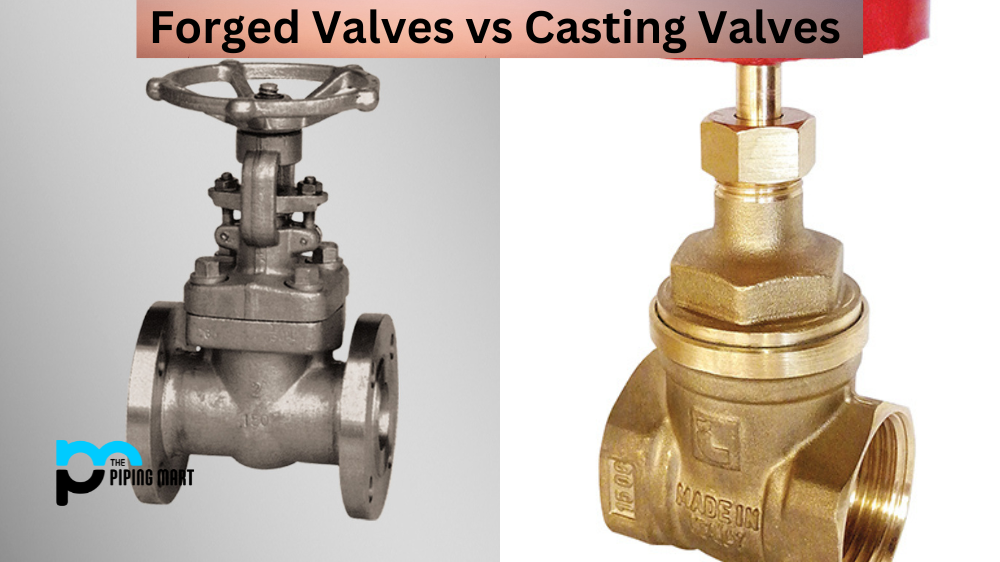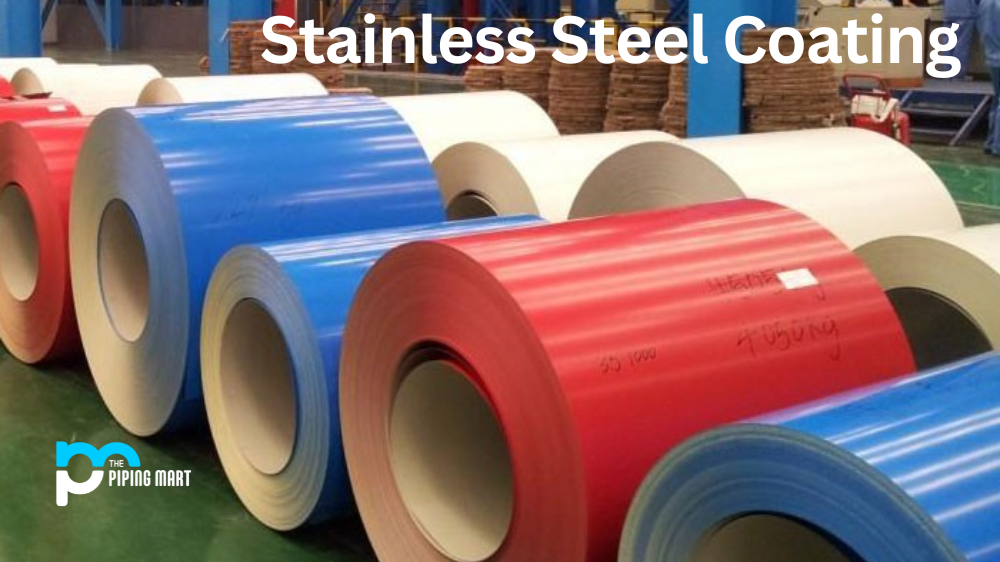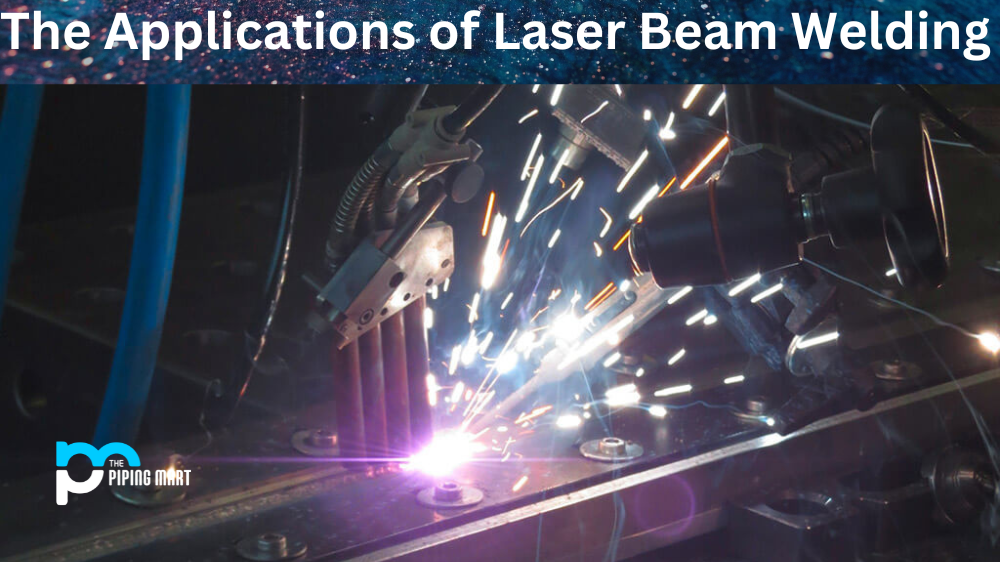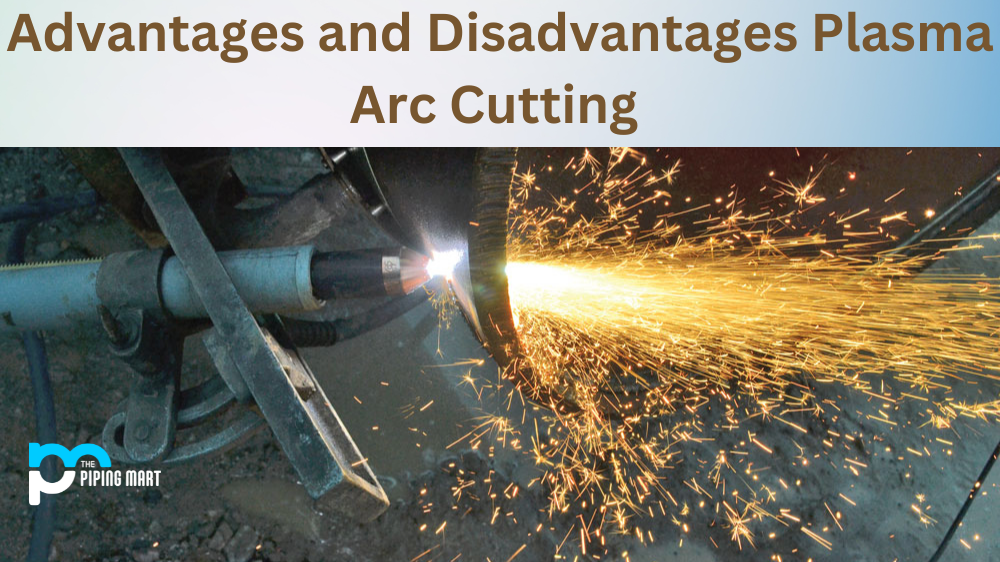In valve manufacturing, two methods stand out – forging and casting. Both methods have their own set of advantages and disadvantages. While forged valves offer superior strength and durability, casting valves are often preferred for their lower cost and ease of production. As an expert in the valve industry, I have worked with both types of valves for years. This blog post will examine the differences between forged and casting valves and which is best suited for your project. So, buckle up and come along with me on this educational journey!
What are Forged Valve?
Forged valves are made by heating a metal bar and then pounding it into the desired shape with a hammer or press. This process aligns the metal’s grain structure, making it stronger and less prone to failure. Forged valves are typically used in high-pressure, high-temperature applications where failure could result in catastrophic consequences.
What are Casting Valve?
On the other hand, casting valves are made by pouring molten metal into a mould and letting it cool. This process is relatively quick and cost-effective, making casting valves a popular choice for low-pressure applications or when many valves are needed.
Difference Between Forged Valve and Casting Valve
Strength and Durability
For strength and durability, forged valves are the clear winner. Because they are made by forging, the metal’s grain structure is aligned, creating a stronger, more resilient material. Forged valves can withstand high pressures, harsh chemicals, and extreme temperatures without failing.
On the other hand, casting valves are less strong than forged valves—the casting process results in a more porous material and is prone to cracking. Although casting valves can be made with varying degrees of strength, they are generally not recommended for use in high-pressure or high-temperature applications.
Cost and Production
One of the main advantages of casting valves is their lower cost and ease of production. The casting process is relatively quick and can be done in large batches, making it a more cost-effective option for valve manufacturing. Casting valves are also available in a wider range of sizes and shapes, making them more versatile in certain applications.
Price
Forged valves are more expensive to produce because of the labour-intensive process involved in their manufacturing. However, they are often preferred in critical applications where reliability and durability are important.
Conclusion
So, which one is best for your project – forged or casting valves? The answer depends on a number of factors, including the application, pressure and temperature requirements, and budget constraints. In general, forged valves are the stronger, more reliable option for high-pressure and high-temperature applications. However, if cost and ease of production are a priority, casting valves may be a better choice for low-pressure applications or when a large quantity of valves is needed. Ultimately, the choice between forged and casting valves comes down to your needs and requirements. As an expert in the valve industry, I recommend consulting with a professional to determine which option is best for your project.

Abhishek is a seasoned blogger and industry expert, sharing his insights and knowledge on various topics. With his research, Abhishek offers valuable insights and tips for professionals and enthusiasts. Follow him for expert advice on the latest trends and developments in the metal industry.




